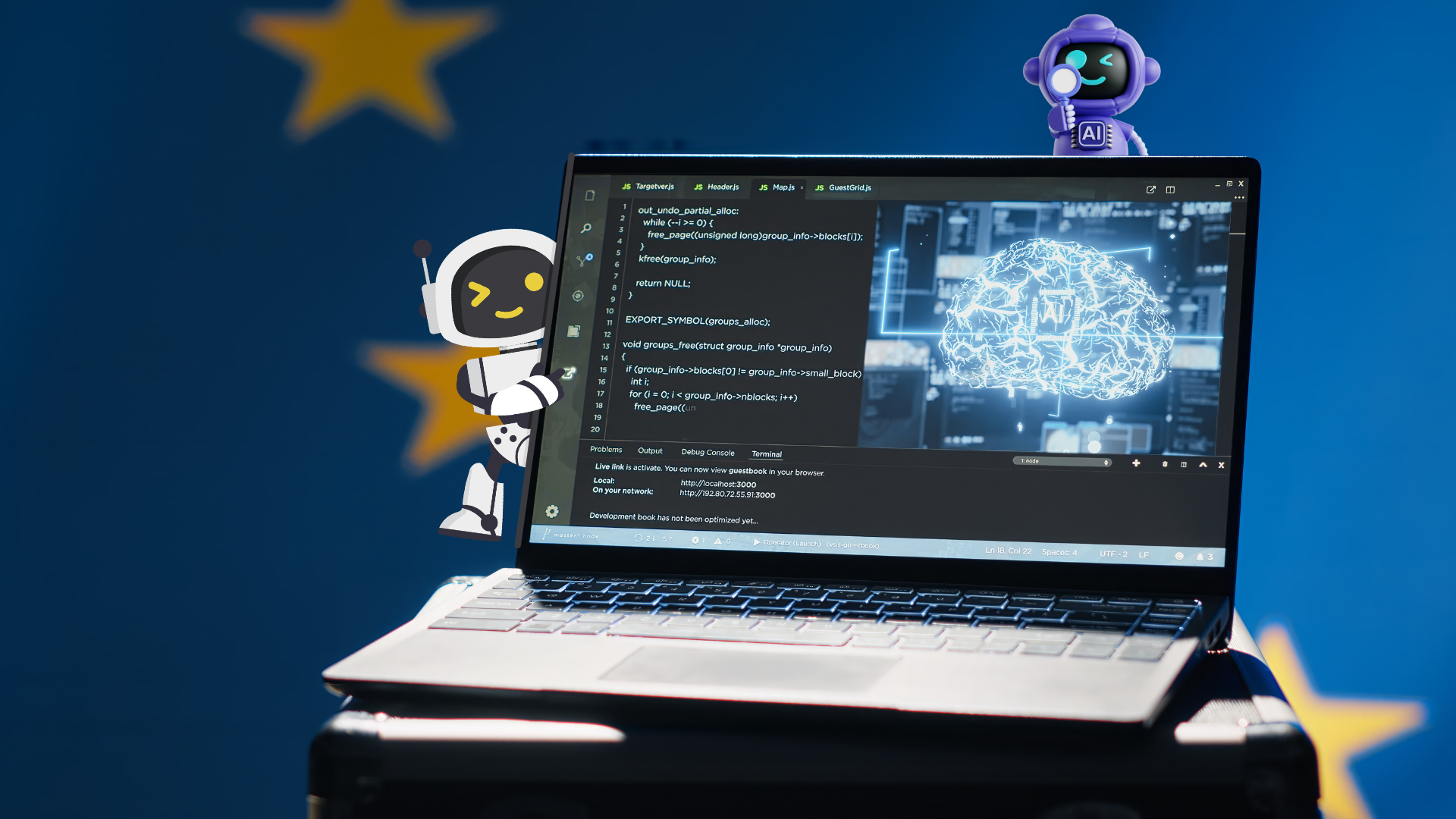
In a major leap forward for crypto trading transparency, Oasis Protocol has announced the launch of WT3, an autonomous AI trading agent designed to protect user privacy while offering full verifiability on-chain. The unveiling comes as the industry witnesses a surge of AI-powered trading tools, many of which operate as opaque black boxes, raising concerns among retail and institutional investors alike.
A Solution to the Transparency-Privacy Dilemma
Crypto trading bots have long struggled with a dual challenge: maintaining operational privacy while remaining verifiable for users. Public bots risk exposing user trades to competitors, while private ones leave users blind to the bot’s internal actions. Oasis Protocol’s WT3 addresses this conflict by leveraging Trusted Execution Environments (TEEs) secure enclaves that ensure sensitive trading logic remains private while simultaneously generating cryptographic proofs that are verifiable on-chain.
This allows users to trust that the bot is operating as intended, without revealing its proprietary strategies to the public or potential adversaries.
Launch Details and Future Plans
WT3 will officially begin trading on April 29, seeded with an initial $100,000 funding provided by the Oasis Protocol Foundation. The project roadmap also includes opportunities for users to stake stablecoins into the system, earning yields from trading strategies. Notably, 50% of the returns from WT3’s activities will go toward buying back and burning ROSE tokens, further supporting the Oasis Protocol ecosystem.
WT3’s initial trading strategies will tap into Ocean Protocol’s Predictoor signal streams and are built using the Oasis Runtime Off-chain Logic Framework (ROFL). This positions WT3 not only as a pioneering AI trading agent but also as a foundational use case for Oasis’s broader push into verifiable and confidential DeFi systems.
Future iterations of WT3 will offer users greater flexibility, including the ability to deploy their own customized trading bots or stake into diversified strategies.
Enhancing Trust in AI Crypto Tools
In an exclusive interview with crypto.news, Matej Janež, Head of Partnerships at Oasis Protocol Foundation, emphasized the significance of verifiable AI agents. He explained that while large language models (LLMs) like ChatGPT have become household names, they are prone to errors and can be manipulated. To avoid this risk, WT3’s trading logic is hardcoded rather than relying on a generative AI model, minimizing operational errors and ensuring consistency.
Although the Foundation retains admin access to the TEE, any changes to the agent’s code will be visible through on-chain remote attestation, guaranteeing that no secret modifications can be made without public verification.
Institutional and Retail Appeal
Janež highlighted that while institutional clients in traditional finance often operate on a reputation-based trust model, the Web3 ecosystem demands trustlessness. With crypto’s ethos centered around transparency and self-verifiability, products like WT3 could see accelerated adoption among both retail users and institutions looking for more transparent AI-powered trading solutions.
He also pointed out a significant problem within the current market: many so-called “AI crypto bots” either lack true AI capabilities or exploit the AI narrative for scams and Ponzi schemes. Oasis’s emphasis on code verifiability and reproducibility through the ROFL framework aims to set a new standard in the crypto AI trading landscape.
Pioneering the Future of Verifiable AI Agents
The launch of WT3 marks a turning point as Oasis Protocol (ROSE) continues to build at the intersection of confidential computing, decentralized finance, and AI innovation. As the crypto space evolves, the demand for verifiable, privacy-preserving AI agents will likely grow and Oasis’s WT3 is positioning itself at the forefront of this next wave.



































































































































































































































































































































































































































































































































































































































































































































































































































































































































































































































































































































































































































































































































